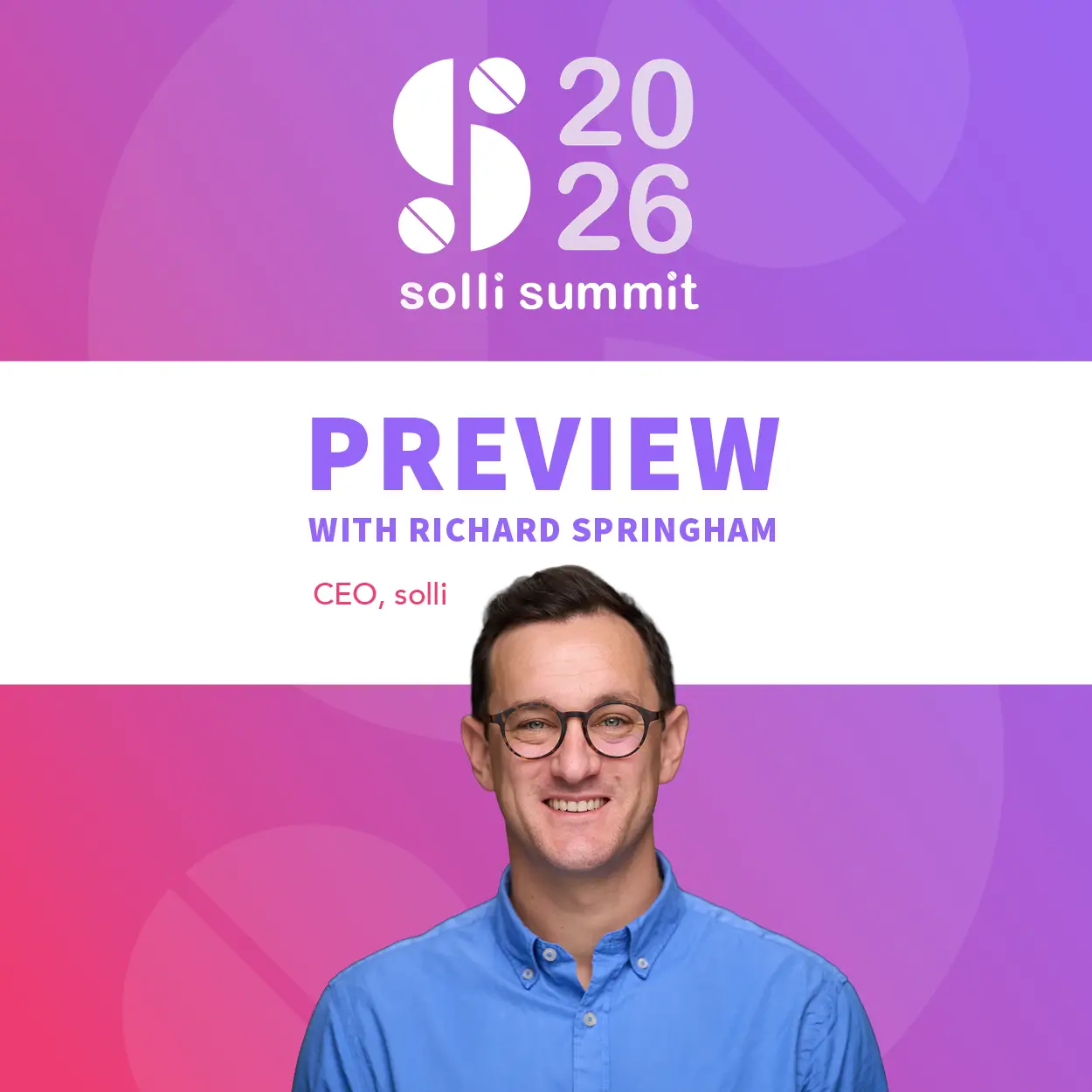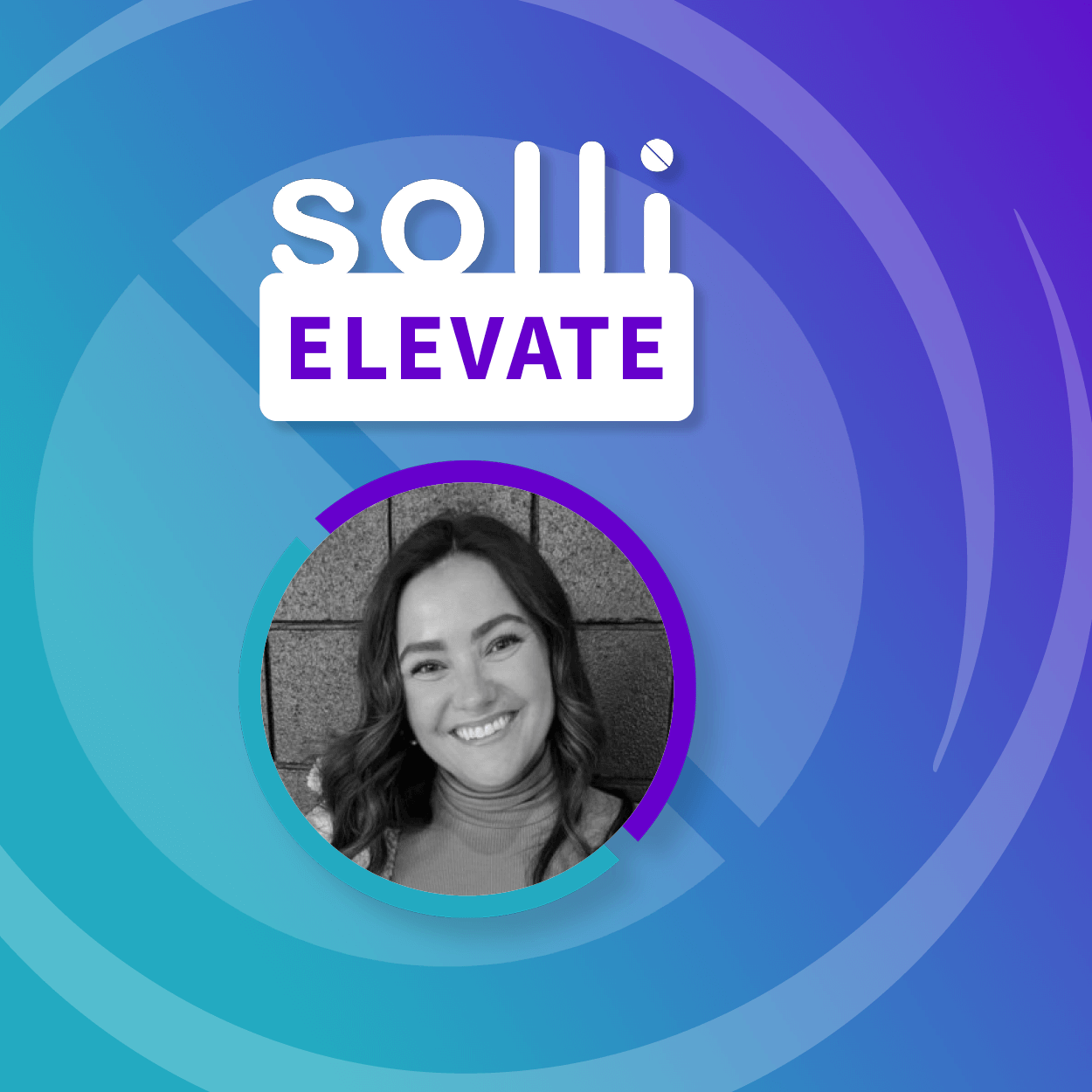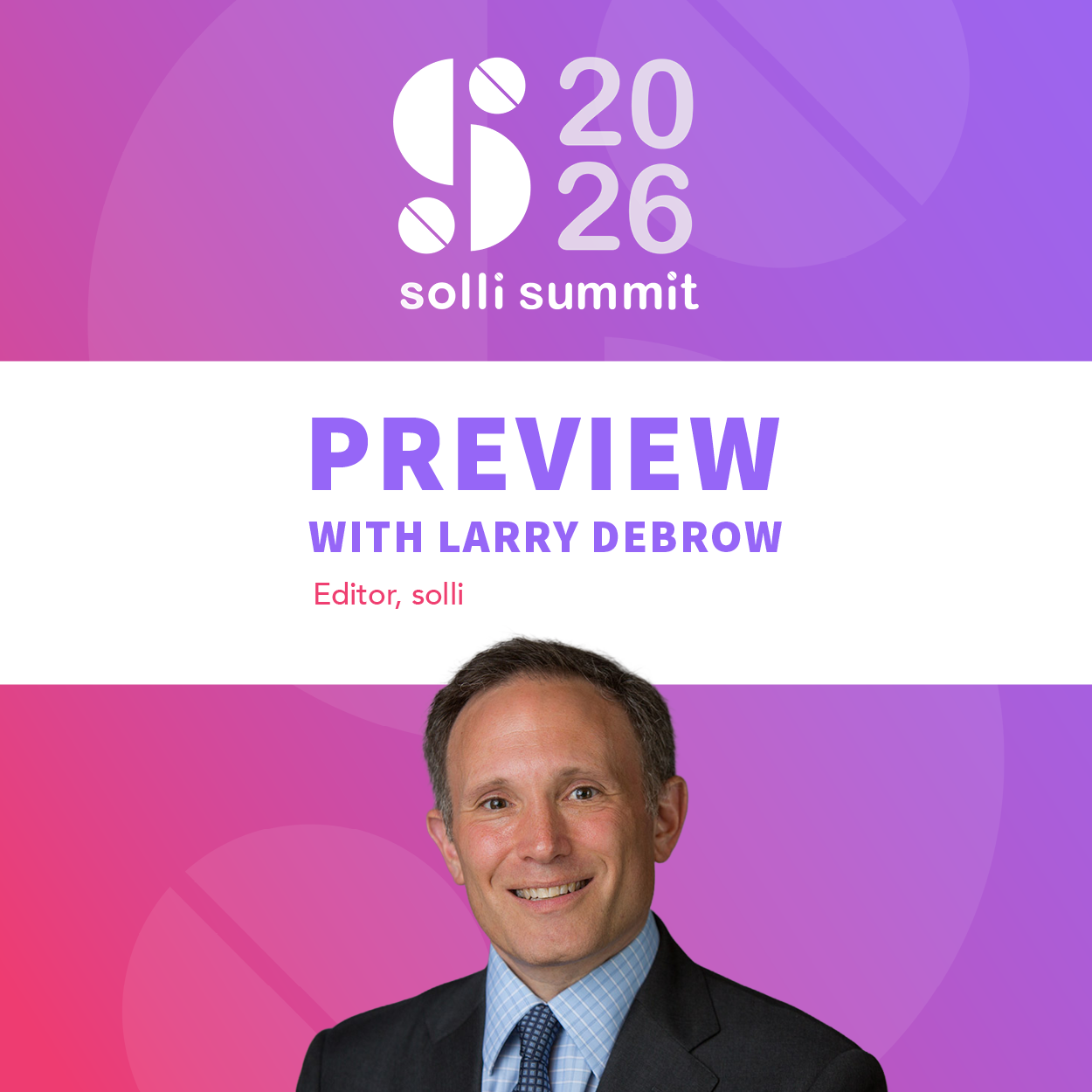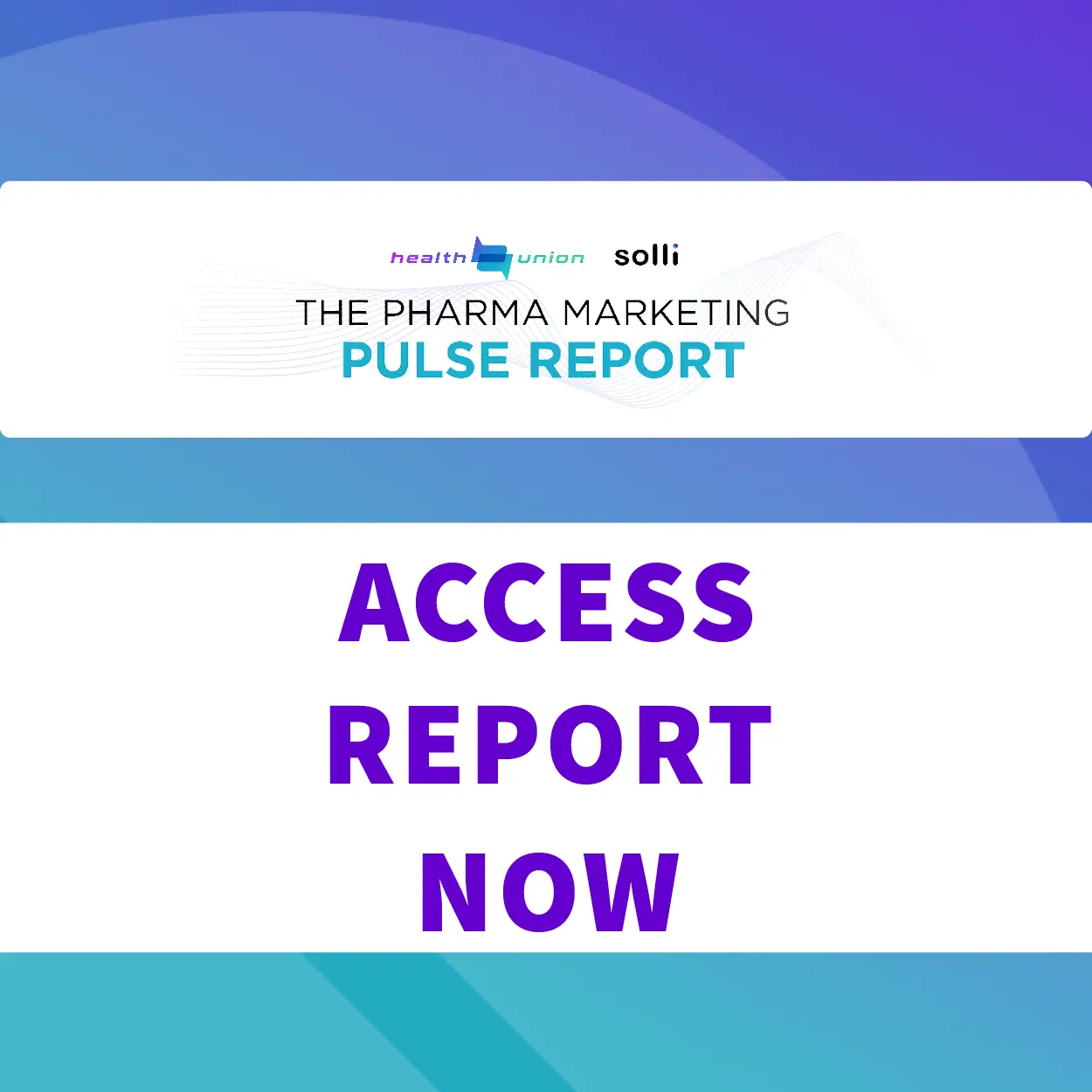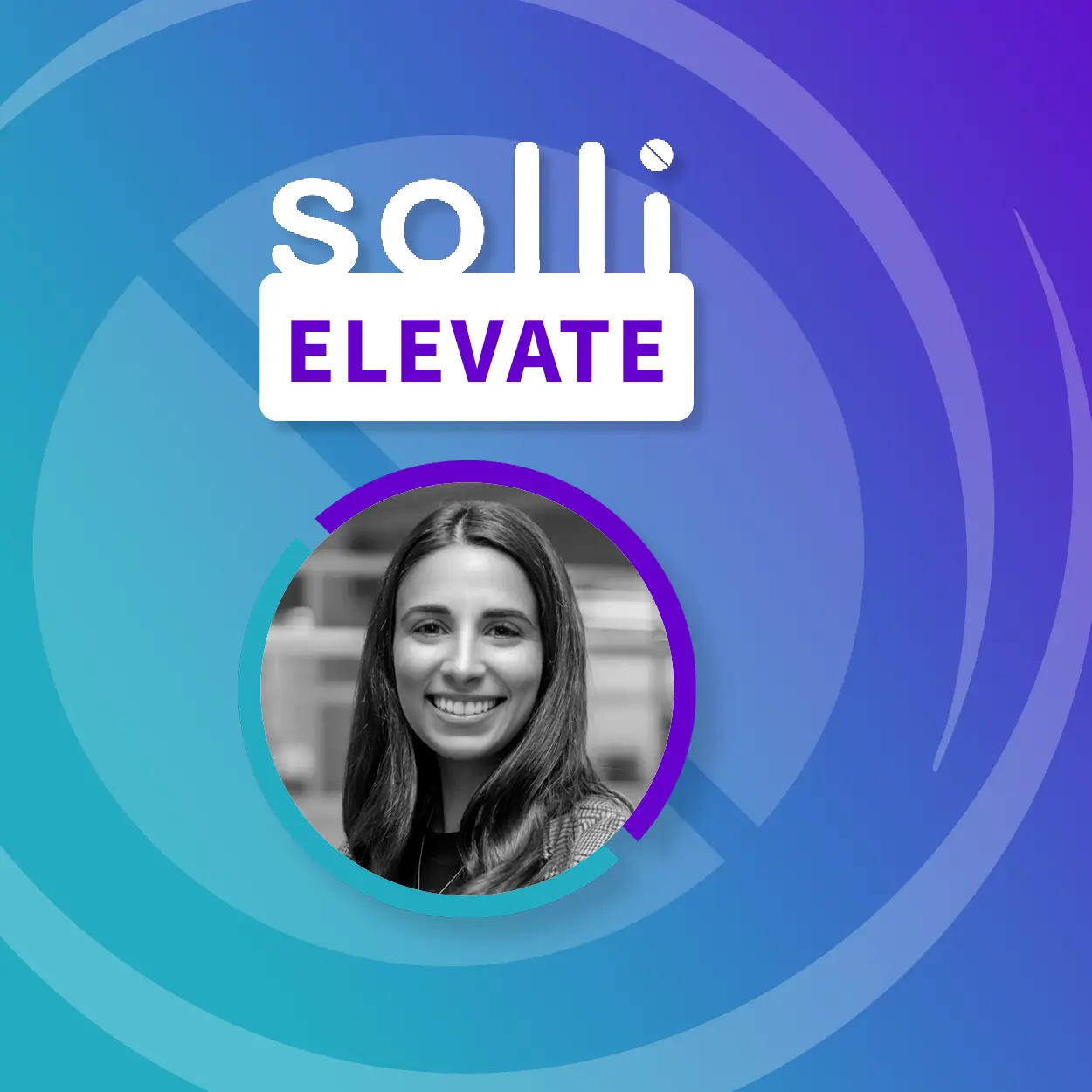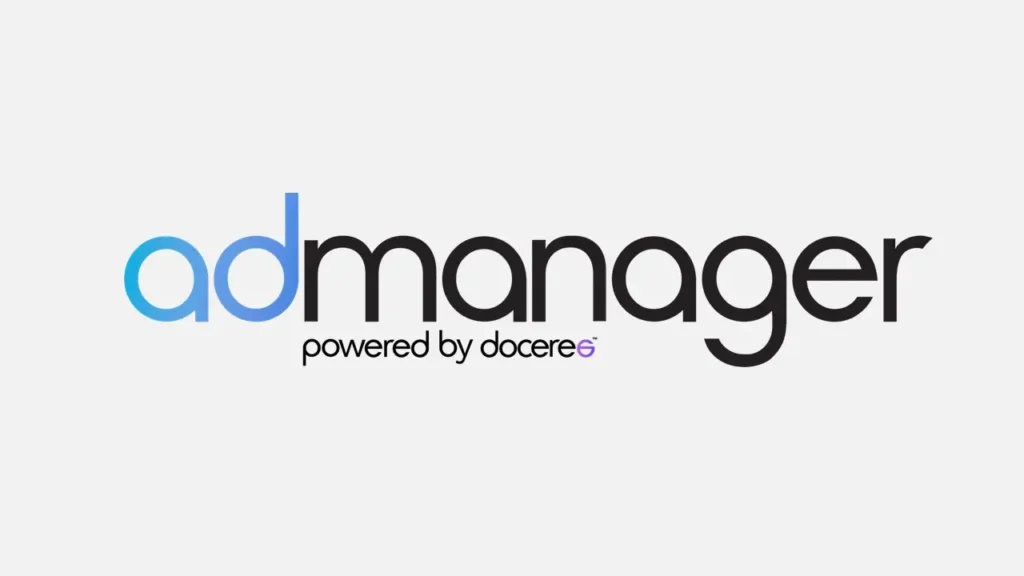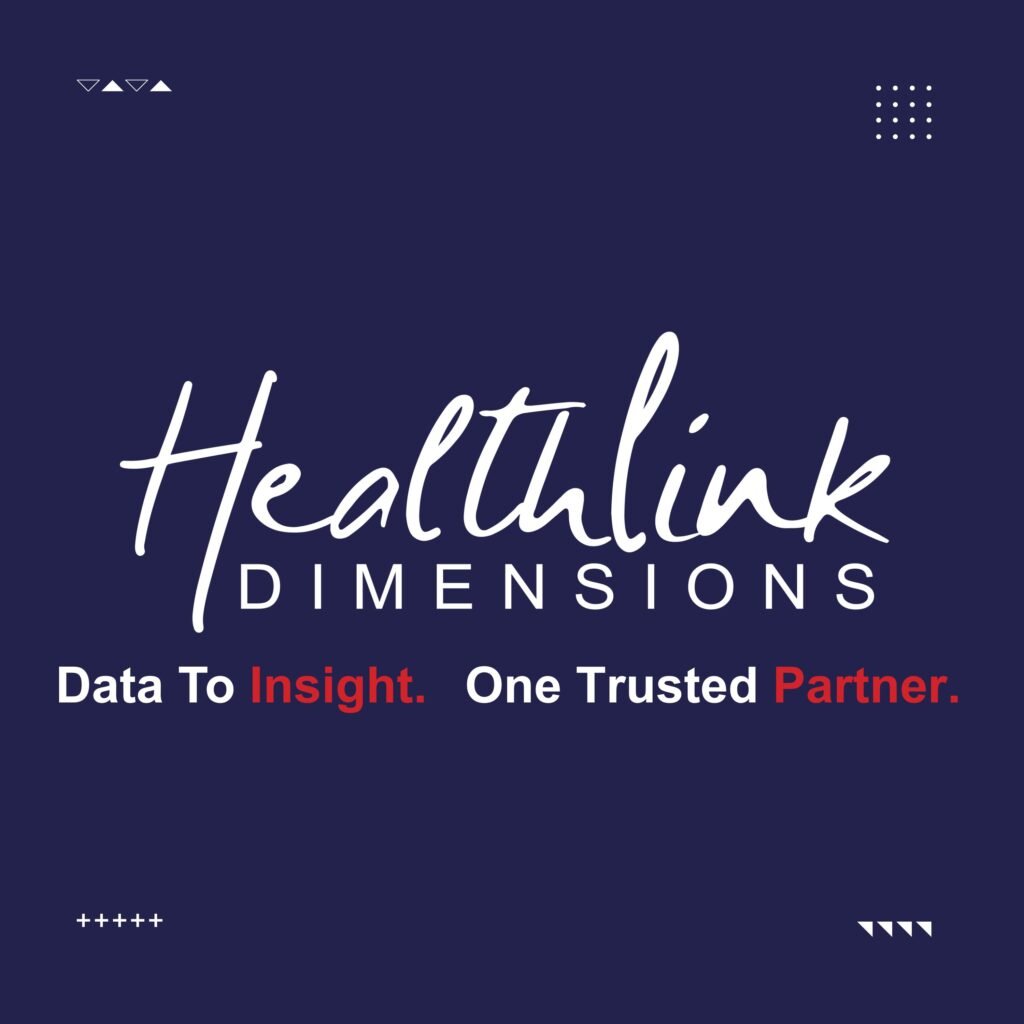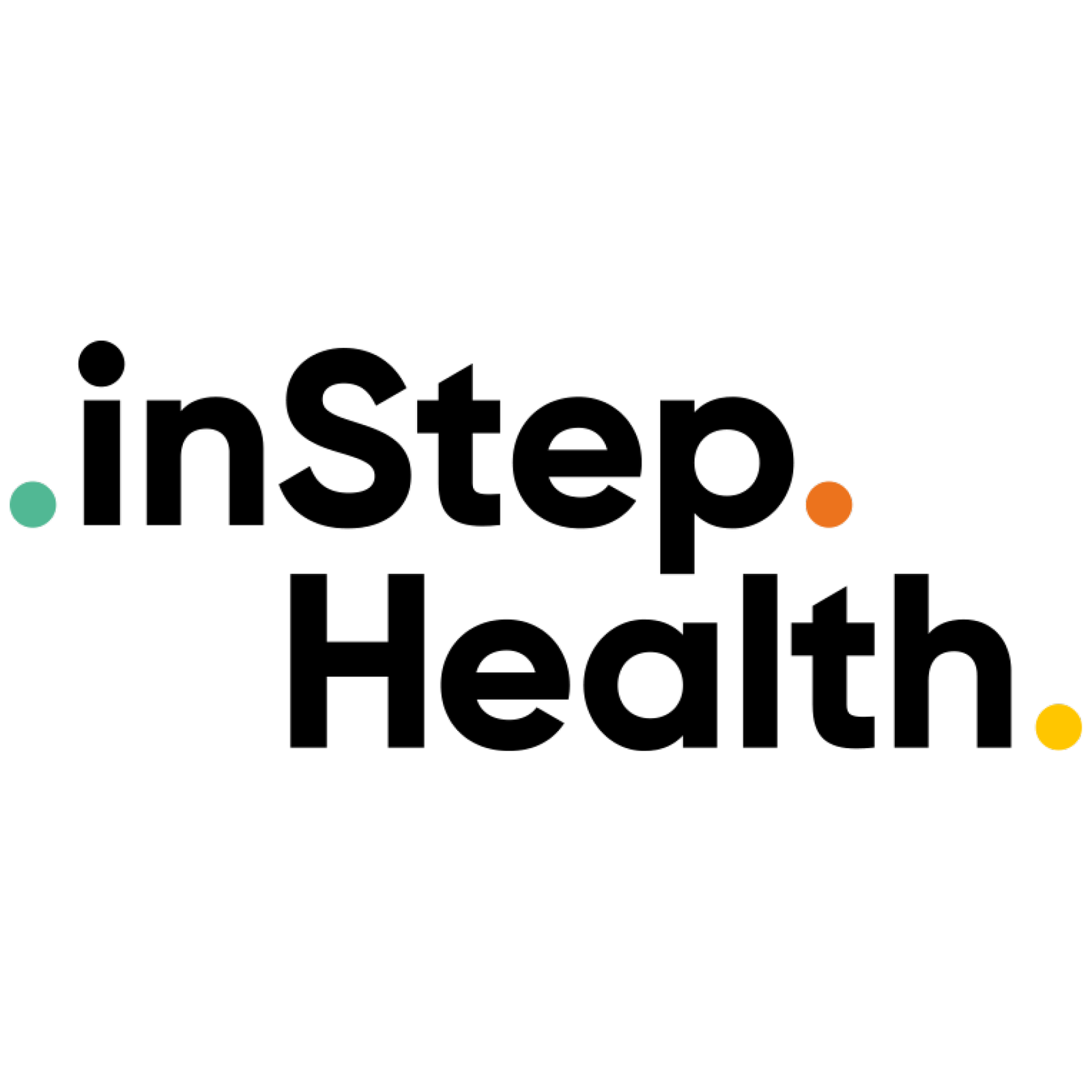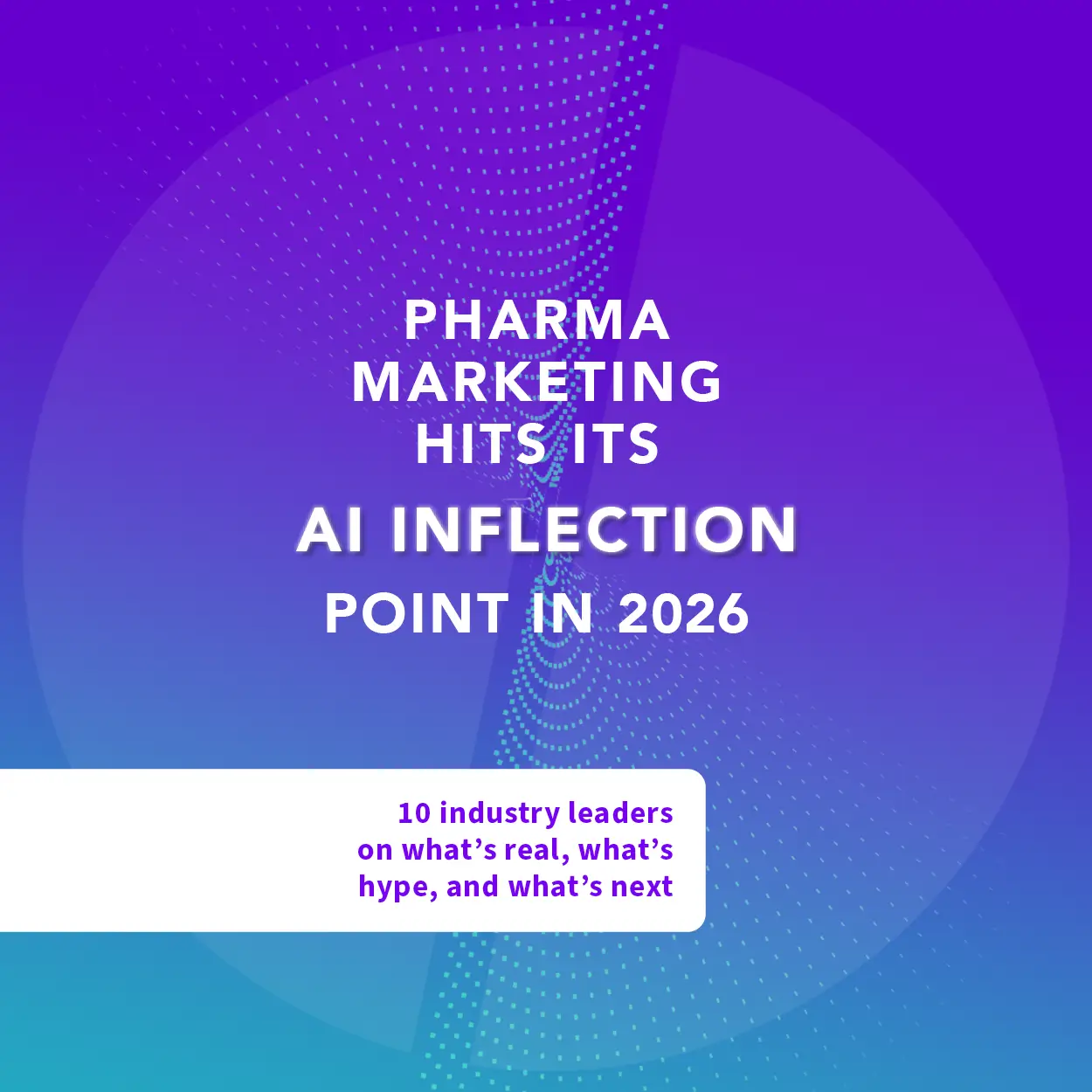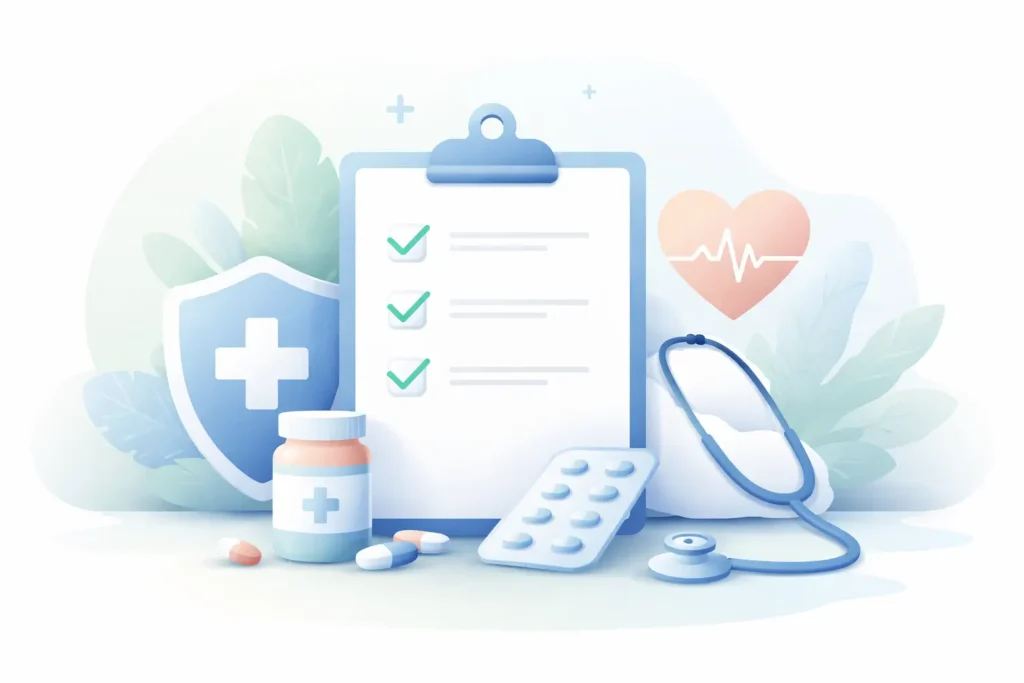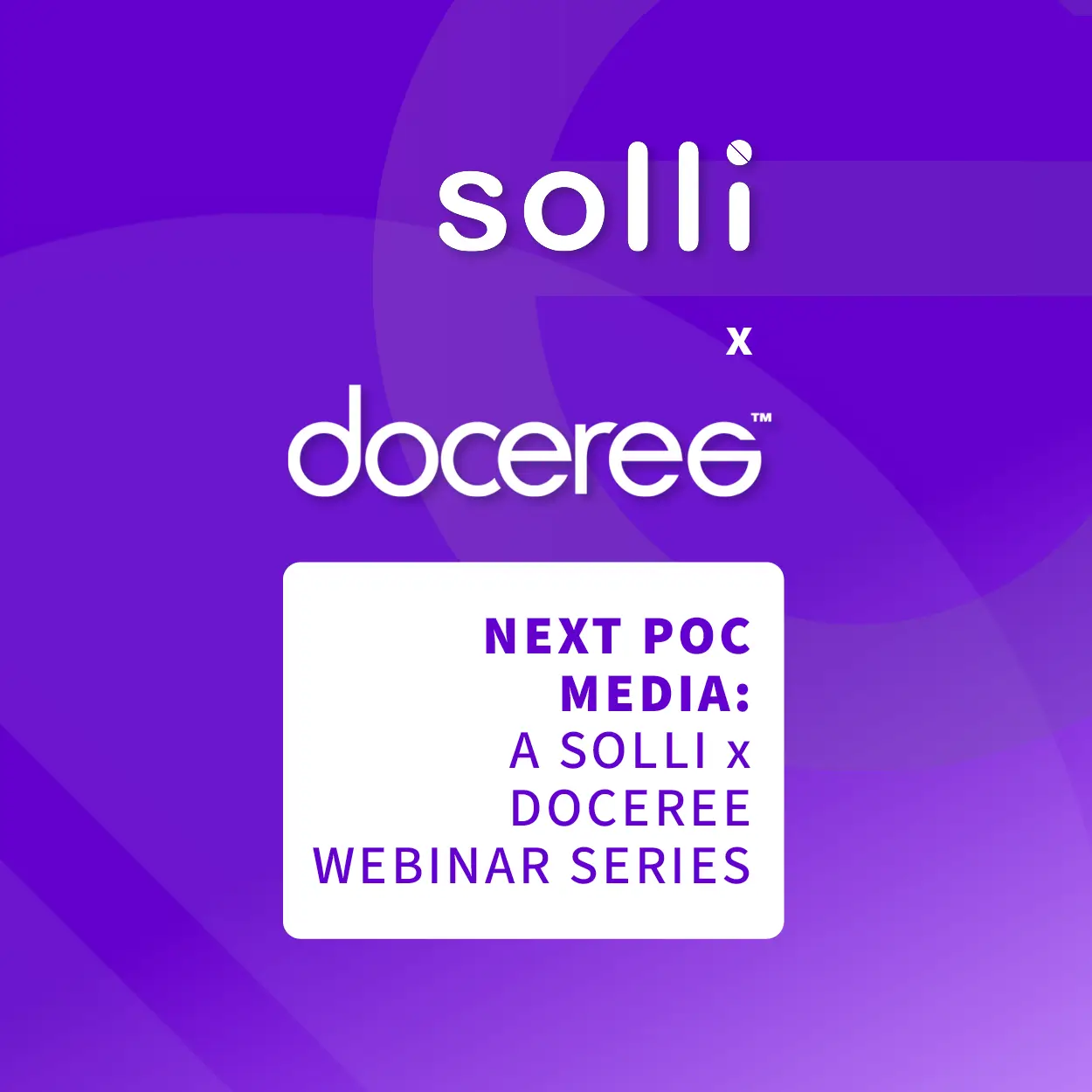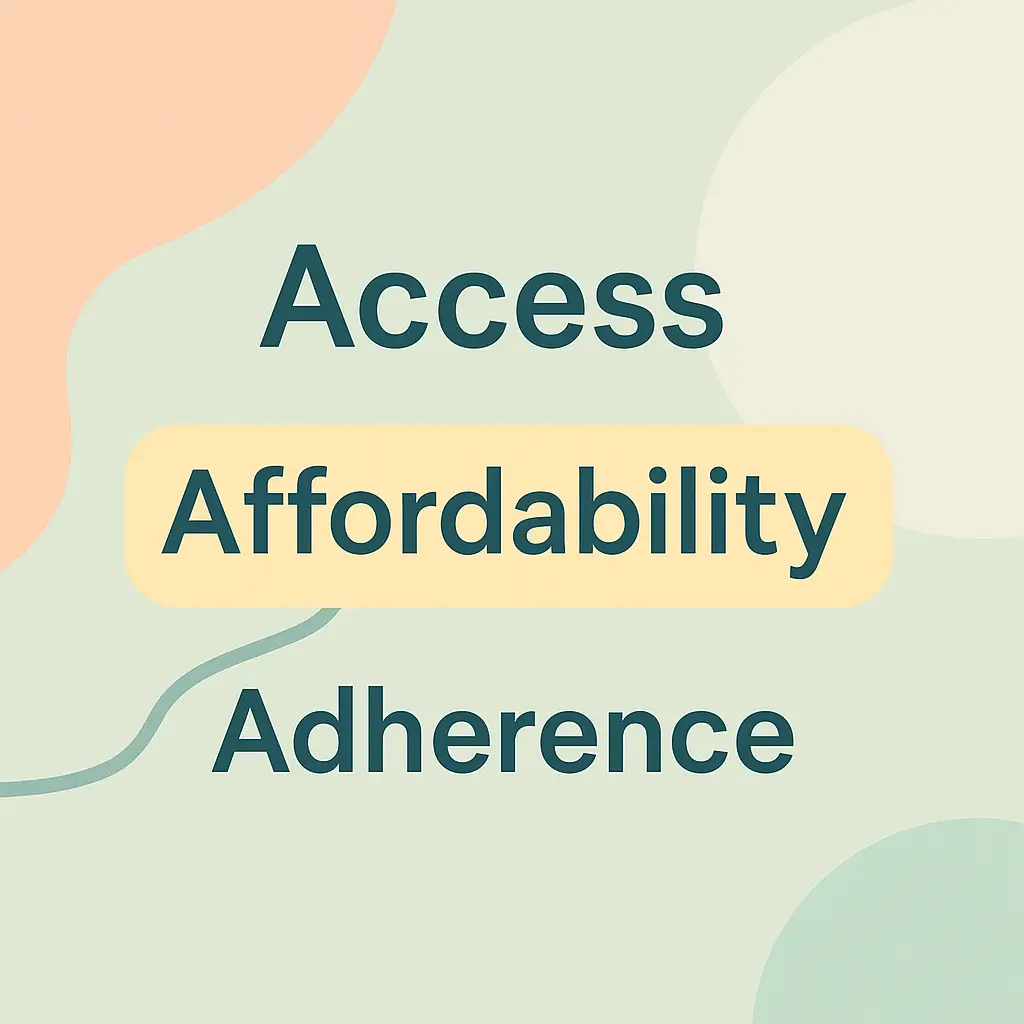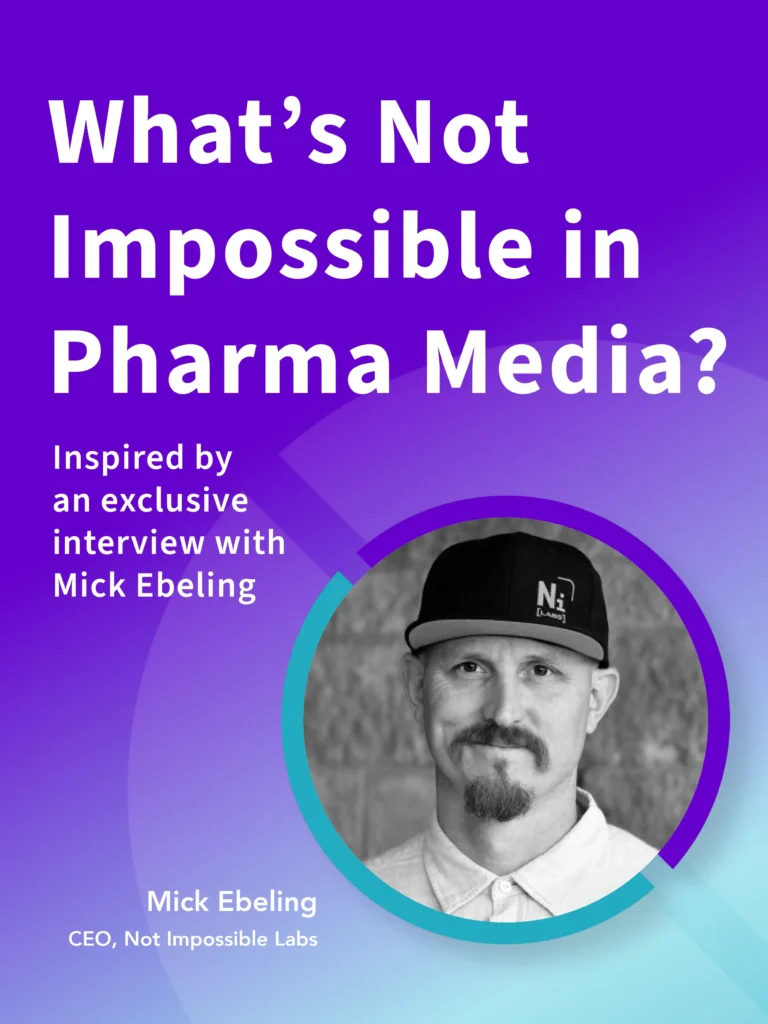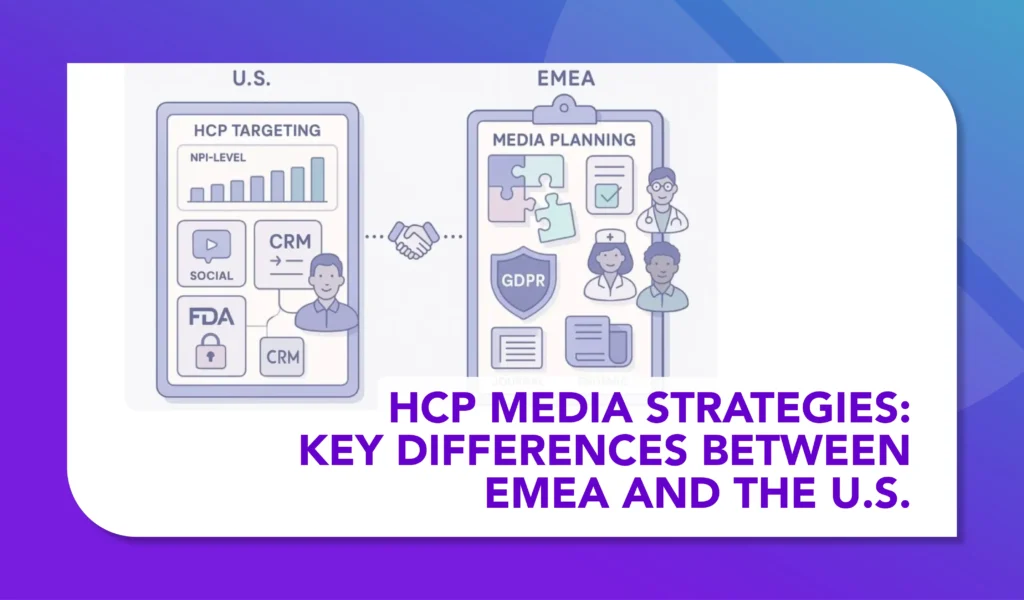Impiricus Introduces ‘Ascend’
An AI Platform Aimed at Streamlining Physician–Pharma Communication
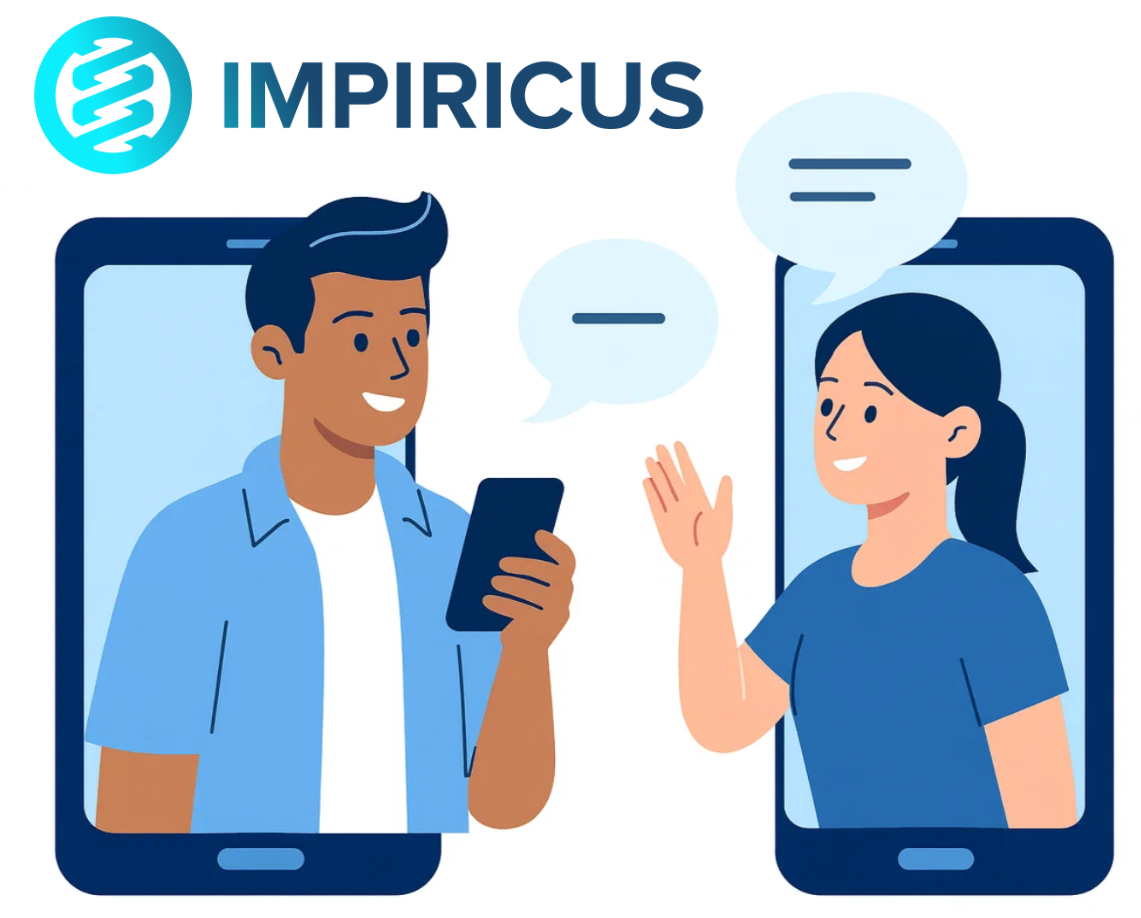
Impiricus has unveiled Ascend, an AI-driven communication platform intended to simplify how physicians access information and resources from pharmaceutical companies. The company says the system is designed to address longstanding challenges in healthcare communication, where clinicians often face high volumes of digital outreach and inconsistent access to relevant materials.
Ascend uses Impiricus’s data infrastructure, built on more than four billion healthcare-professional data points, to support AI “agents” that facilitate interactions between physicians and life-science organizations. According to Impiricus, sensitive information is processed through tokenized data pipelines intended to protect both personal and patient-related details.
Through the platform, physicians can request product samples, access treatment and dosing information, contact medical science liaisons, or use clinical tools. Impiricus positions Ascend as a way for healthcare professionals to obtain targeted resources without relying on traditional sales-representative outreach.
Company Positioning and Ethical Framing
Impiricus CEO and co-founder Dr. Osama Hashmi describes the effort as part of a broader attempt to create “ethical connections” between the pharmaceutical industry and clinicians. “Ascend gives doctors choice and relevance in how they engage, while giving pharma a responsible way to share information,” Hashmi said.
The platform is also presented as an alternative or supplement to conventional field-based engagement models. Impiricus says it may help companies connect with physicians who are less responsive to existing digital or in-person channels, though details on how such performance is measured remain proprietary.
Pilot Data and Early Physician Reactions
Early pilots cited by Impiricus indicate measurable business impact. In one example provided by the company, a large pharmaceutical manufacturer used Ascend to engage physicians for an established brand and reported a $60 million increase in performance over several months. Another pilot with a biotech firm lacking a field force reportedly led to outreach to thousands of targeted clinicians.
Some physicians participating in the initial rollout noted practical advantages. Dr. Abrar Qureshi, Chair of Dermatology at Brown University’s Warren Alpert Medical School, said that being able to request samples or reach scientific liaisons without disclosing personal contact information “saves time and improves care delivery.”
Dr. Kashif Firozvi, an oncologist with Maryland Oncology Hematology, described the ability to access experts and tools on demand as “a meaningful shift” in how busy clinicians engage with industry.
solli‘s Final Thoughts
The launch of Ascend arrives as the life-sciences industry continues shifting toward data-driven, privacy-focused models of communication. Pharmaceutical companies are increasingly exploring AI-enabled tools that promise more precise and efficient engagement with healthcare professionals while addressing regulatory and ethical considerations.
Platforms like Ascend reflect what some observers view as the next phase of HCP communication: systems designed to prioritize relevance, streamline access to information, and reinforce safeguards around physician autonomy and data use. While the long-term effects of these technologies remain uncertain, they represent a broader effort to modernize engagement in ways that could make interactions faster, more targeted, and potentially more aligned with the needs of clinicians and patients.

